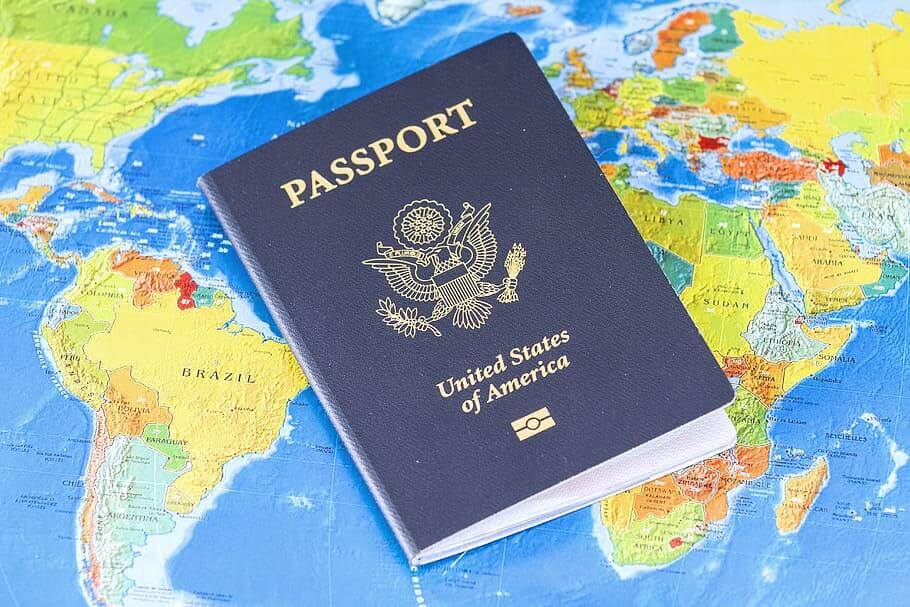

While Europe might not be an exotic destination to move to, it is certainly one of the most attractive ones for US citizens who want to live overseas. If you are set on moving here, there are certain things to know about living in Europe as an American. The first thing you should keep in mind is that Europe is a very diverse continent with many quite different nations, languages, and cultures.
Depending on the place you decide to call your new home and the reason why you are moving there in the first place, you should know that you will probably need to adjust to some things in your new country of choice. Europe has a rich cultural heritage, most countries have centuries-old history and cultural heritage, and Europeans are proud of it.
Things to Know About Living in Europe as an American: Everyday Life, Culture and Life Values
To put things into perspective, the United States of America is a country that was formed by colonial expeditions that came from Europe. While America is very much a nation with its own history and tradition, the roots of it are on this continent. This is why you’ll have it a bit easier when you are adjusting here than in Asia, for example. However, American culture and the way of life proudly developed on its own and this is where you may find some difficulties. These are some of the most important facts to have in mind before moving across the world:
- There are 50 sovereign states on the continent with almost 750 000 000 people living in them, speaking over 225 different languages, of which 24 are official.
- The European Union is an economic and political union of 28 states on the continent. It is not a sovereign country, but EU citizens can move freely across member states’ borders.
- It is home to some of the greatest nations and first democratic societies in the world like ancient Greece, Rome, France, and England.
- The living standard can vary a lot. If you choose to live in Western or Northern Europe (UK, France, Switzerland, Norway, Finland or Germany), you’ll find much stronger economies than in the Balkan states or Spain and Greece, for example.
- Europeans speak relatively good English, but they are so proud of their heritage that they often choose not to, except in the UK and Ireland, of course.
- Depending on the region or part of the continent, social etiquette and interaction among people differ. There is a social study that suggests that people in the colder climate prefer larger personal space. You’ll find much more welcoming and fiery people in the south, in nations such as Spain, Portugal, Italy and some nations in the Balkans than in the UK, generally speaking. In the north, it may take some time for the people to warm up to you.
- Most of the countries were at some point, while some still are monarchies with nobility and strict social etiquette

Things You Should Avoid Doing
There is no general rule on what to avoid doing if you are moving internationally to Europe, but here are some general guidelines that might help you:
- Avoid falling into the “Stereotype trap.”Some people might get offended by the already made mindset and prejudices. After all, you wouldn’t like to go through the same thing, right?
- Don’t assume that you can do everything you want, just because you are visiting a country not as wealthy and respected as America. Although it may be tempting to some to run wild and loose only based on the assumption that the system is corrupt, more often than not, it isn’t.
- Don’t push the religion onto people. There are many religions practiced here and they are not pushy about it.
Language Barriers
There are three major distinct language groups spoken on the continent: Romance, Germanic and Slavic language groups. Depending on the exact country, you may want to learn a language besides English to break the language barrier. Besides, if you want to apply for citizenship, it will be mandatory to take the language competency test of the country you are applying for.
The Living Standard
With a population of nearly 750 000 000, the living standard on the continent differs from country to country, but you could say that it is the highest in Northern and Western Europe. If you are applying for a job, besides the salary, living environment and costs of living, you should check the living standard in the country you are moving to. Decide if it is right for you – the good thing is that you have plenty of options.
Health Care Is Mostly Free, but There’s a Catch
Health care in most of the countries is free, financed by the government, and all citizens have access to medical care. However, if you are American, you may have to take extra health insurance since you are a foreigner, but with the proper visa and permits, you will get health insurance through your employer or family member who is a citizen of that country.
Where to Live in Europe as an American
This is something that will be very individual. It depends on the languages you are speaking and how adjustable you are. The key here is to be open-minded if you want to move to France or Italy – don’t let not knowing the language stop you. Also, people will respect the effort you put into learning and will accept you much faster as one of their own.

Popular Countries for American Expats
According to the 2001 census, the number of Americans residing in the UK was more than 150,000. Besides the UK, which is a natural choice for many US nationals due to the absence of language barriers, other popular destinations for American expats are:
- France
- Italy
- Spain
- Portugal
- Germany
- Netherlands
There are some active American expat communities in these countries and they could help you a lot with some practical advice.
What Are the Legal Requirements for Moving to Europe
The good news is that US nationals don’t need a visa to visit countries in the Schengen zone for a legal stay of up to 90 days, all you will need is ETIAS(European Travel Information and Authorization System). However, if you want to work in Europe or stay longer, you will need proper permits. The best way to be sure is to do thorough research about the visa policy of the country you want to reside in.

Types of Visas
There are a few ways to work and stay in Europe legally. It all depends on the reason for your relocation. If you want to move to live with your spouse or an immediate relative, you have to apply for a visa to join a family member. If you are a student, you should apply for a student visa, or if you are moving for work you will need a valid work permit, which you can arrange with the assistance of your employer.







